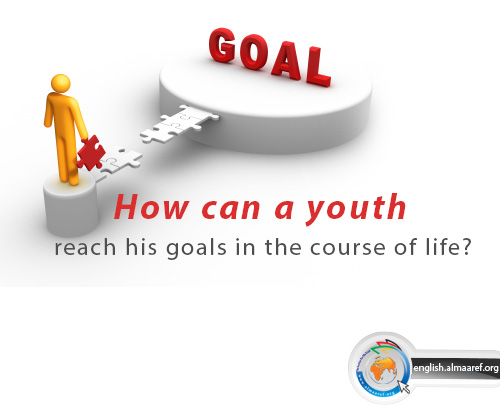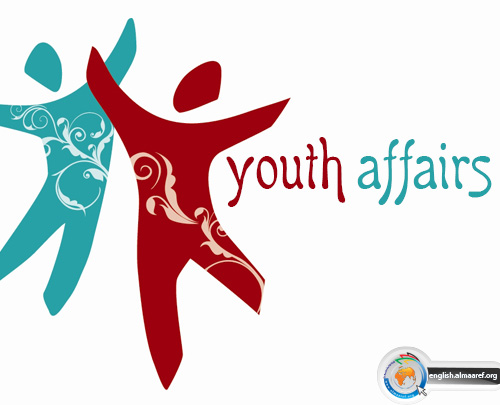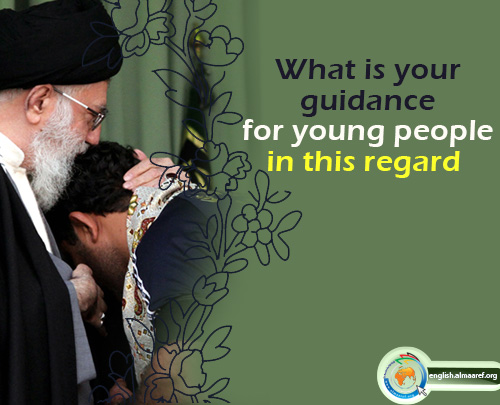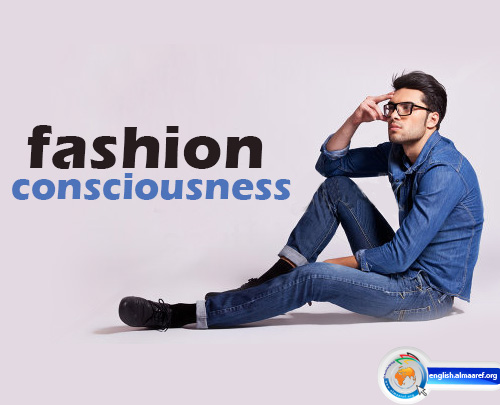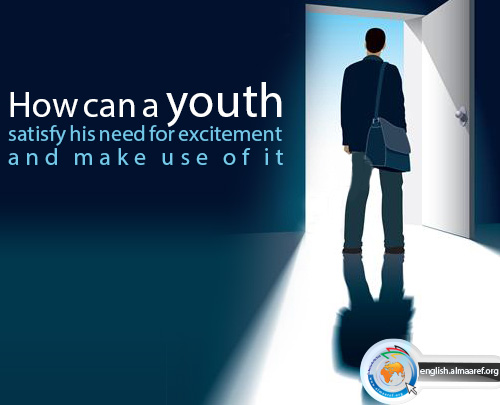* What is your definition of a
Muslim youth and what are his or her characteristics?
Of course it cannot be easily traversed. The condition that you put makes it
very difficult for me to answer you.
Actually nor every important and serious work could be done easily. If a man
wants to realize valuable goals, he has to undergo lots of trouble and effort -
this is inevitable Basically, amongst the important characteristics of youth, I
consider three as the most evident, and if these are identified and directed in
a right direction it will be feasible to answer question.
These three characteristics are as follows:
Energy, hope and innovation. These are the three most salient characteristics of
the youth. If the media – be it a religious lecturer, a lecturer in cultural and
intellectual affairs, T.V and Radio or schools- as cultural assistance can
direct these three main characteristics, I think, it will be very easy for a
young person to find the Islamic path because that which is required by Islam is
for us to put our potentials into effect.
The Qur’an contains a very basic point and it is not bad that I express it for
you dear youth in that it focuses upon piety. When individuals want to see
themselves in terms of piety, prayer, fasting, servitude, worship, thikr and
du’a come to their minds. It may be that they may all be a part of piety but
none of them, themselves mean piety means being careful of oneself. Piety means
that human being should know what he is actually doing, and that he chooses his
every movement in accordance with his own will, thought and decision; it is like
a person who is riding a tame horse, horse, holding its bridle and knowing where
he will be going; this is piety. A person who does not have piety does not have
control over his movements, decisions and future. According to words of the
Nahjul Balagha” he is like one who is placed on a refractory horse,- without
having any control over it. Having the bridle in his hands, he does not know
where he will go and his no choice but to go wherever horse goes and there is no
saving him.
If we take piety with this meaning in mind, in my opinion it will be easy to
travel this path of course, not very easy however. It is feasible for a youth to
find the Islamic way of life; if one is religious, one has to be careful about
one’s deeds, about this venture, this word, this friendly relationship this
lesson and work, this Action and thought, are they correct or incorrect? This
very thinking about the correctness or incorrectness about one’s actions is
piety.
If one is not religious, but is however in that very state he will be guided
towards religiosity.
The Holy Qur’an says:
﴾it is a guide to those who guard (against evil)﴿
it does not say: “A guide for those who believe: ".
The first expression means that a non- religious person could be guided by
Qur’an if he has the piety, (it is possible for a non-religious person to be
pious in the meaning we have outlined). But if a believer does not have piety,
probably he is not firm in his faith and its existence will depend upon his
situation: If he is located in a favorable environment his faith will stay with
him.
Therefore if we utilize these three characteristics in the context of piety and
guide them, it will be very easy for them to live in the way advised by Islam,
this will be especially so in our country which is an Islamic country. It is
very important point to note that the government- the national authority-is
under the auspices of Islam. The people who have authority in this country,
believe deeply in Islam, and faith has deep roots in the souls of the people as
well. Therefore the way is paved to be a Muslim and live like a Muslim I will
give a short example and conclude my answer to your question.
During the imposed war which, unfortunately, were not able to experience its
upliftment -of course the fact that you had not experienced war is no cause for
regret; but what someone will regret are those unique features associated with
it in this regard- youth exactly like you now, eighteen and twenty years old
from the point of view of spiritual purity were on the same level as agnostic
who had spent forty years traveling on the path to God. We sensed this in their
very being and such individuals were by no means few.
When I come face to face with such youth, I felt a real humility and it is not
that I wanted to pretend to such humility. You have seen that when man is in the
presence of greatness and witnesses its perfection’s he comes to understand his
own weakness. I observed that same feeling in Myself when in the presence of a
young Bassiji and a young combatant. Such was the atmosphere that could change a
normal youth in such a manner.
You know how youth are in the world with “RAP” groups and the like and with all
kinds of mental and moral calamities. Youth in the world are really suffering
from a thousand misfortunes of this kind. “RAP” groups and groups similar to
them existed in our time too. In our time the “Beatles” were famous, I have
heard they have become old men now.
Some time ago I read about them in a foreign magazine talking about where they
were and what they were doing. Those spiritual troubles and psychological
complexes made them end up in these things. Now those people who imitate them in
backward and remote countries do not understand what an illness had afflicted
these poor unfortunates.
What they consider as progress is in fact decay and decline. But while the world
was in such a state, our youth was in another situation entirely, in Iran the
youth was bubbling, enriched honored, in the depths of their hearts they were
happy, they had a sense of responsibility and they were clear about their
objectives, what they were doing and for whom.
* The Leader & Youth. THE LEADER OF THE REVOLUTION’S VISIT WITH A GROUP OF YOUTH ON THE OCCASION OF YOUTH DAY


